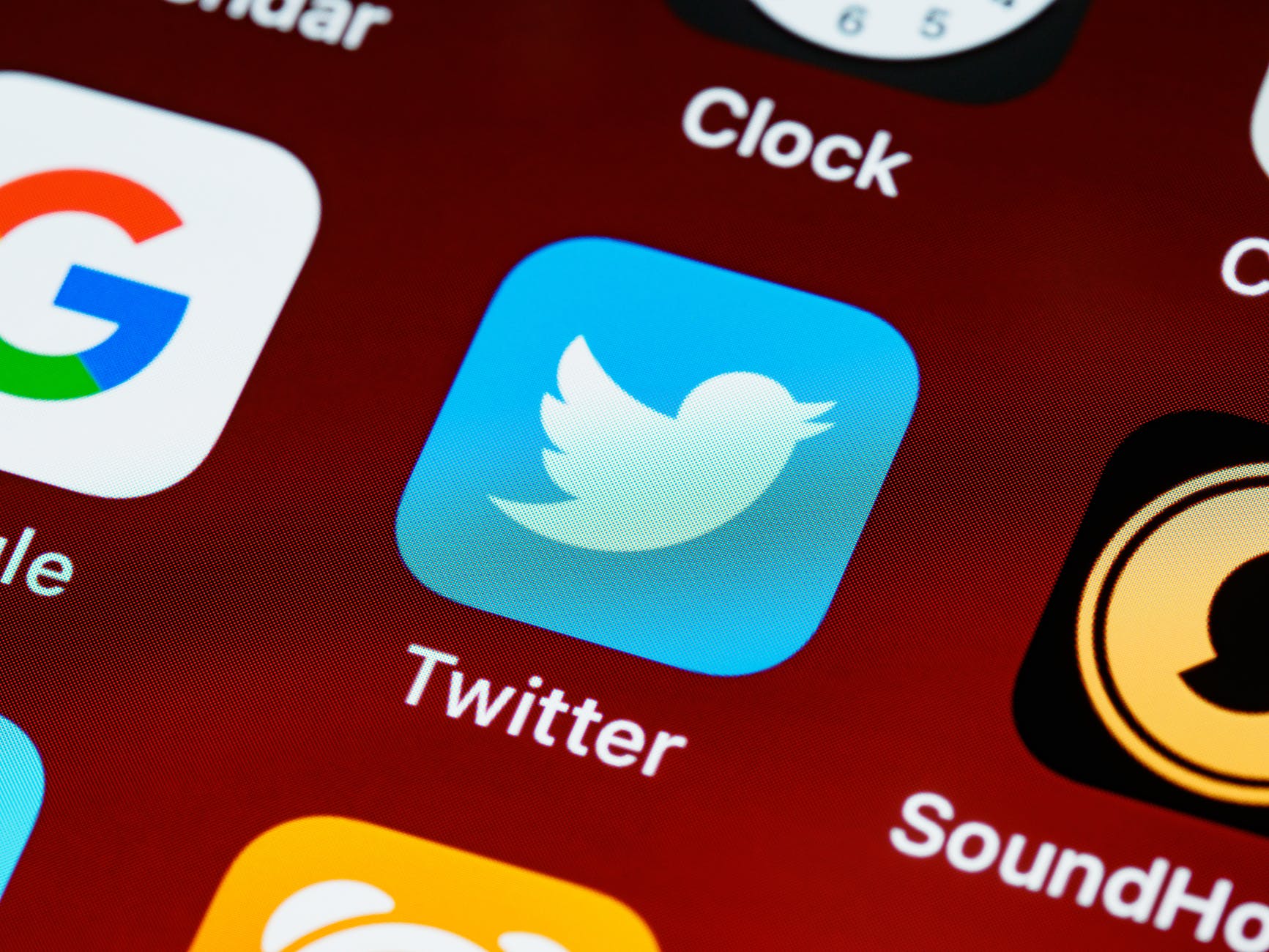What Are These Guidelines About?
After the enactment of Information Technology (Intermediary Guidelines and Digital Media Ethics Code) Rules, 2021, all the intermediaries were given a three-month time for complying with the same. There were certain new elements such as the detailed classification of intermediaries and the requirement of tracing the origin of chats. One of the mandatory provisions happened to be the establishment of a grievance redressal mechanism and appointing three officers (with the specified roles):
- Chief Compliance Officer, who shall be responsible for compliance of provisions under the Information Technology Act and the allied rules
- Nodal Contact Person who shall be responsible for coordinating with law enforcement bodies
- Resident Grievance Officer shall be responsible for the grievance redressal mechanism.
All the significant social media intermediaries (with over 50 lakh registered users) including WhatsApp, Facebook, and Google took immediate steps to comply with this mandatory provision within the specified deadline. This immediate action was taken to avoid the consequences mentioned in case the intermediaries are found to be in non-compliance with the regulations.
What Has Been Happening Between Twitter and the Government?

However, Twitter (the world’s largest microblogging site) has failed to comply with the new provisions even after the expiry of the three months. It also failed to address the concerns raised by the Indian government through letters regarding the report of grievance redressal mechanism. Following this, the Indian government has sent a final notice to Twitter about this issue, asking it to implement the provisions to enjoy the protection under IT Act, 2000. Twitter, meanwhile, declared that it has appointed an interim grievance officer, but the complete structure and details were not shared with the government. Later on, the interim officer was said to have resigned from the post, amidst the tussle with the government.
What is Intermediary Status?
As per Section 2(1) of the Information Technology Act, an intermediary means any person who on behalf of another person receives, stores or transmits that record or provides any service with respect to that record and includes telecom service providers, network service providers, internet service providers, web-hosting service providers, search engines, online payment sites, online-auction sites, online-market places, and cyber cafes. This definition includes the microblogging site ‘Twitter’, as it allows the user to create their account and post any content on the platform. Therefore, the status of intermediary is granted to Twitter by the act itself. This status is independent and informal, as it is not a registration/certification granted by the government. Due to this fact, non-compliance or any other activity will not result in twitter losing the intermediary status, as it is a status accorded by the virtue of Twitter’s mode of operation.
What Would Be the Effects of a Platform Losing Intermediary Protection?
Section 79 of the IT Act protects the intermediaries from any liability arising out of any content, data, or communication by users on the platform, about which they had no personal knowledge. This provision is termed as the ‘safe harbor provision’. This was brought in place after the case of Bazee.com, where obscene clips were put up on sale by a user. It was held that the platforms can be held liable for any illegal/offensive content posted, only if they did not adopt adequate measures to restrict such happenings. This has been further elaborated in the new guidelines for intermediaries in 2021.
Now, compliance with measures explained in the new guidelines has been made mandatory to claim protection under ‘safe harbor provision’. Twitter, due to the non-compliance with these provisions, is said to be losing the intermediary protection. However, this has not been done yet. The fact that the government has served a final notice to the microblogging site, that too without a specified timeline, makes it clear that it can still claim protection under the safe harbor guidelines. In addition to this, Twitter will not directly lose the protection as defined by law. Rather, it will be on the courts to decide the status. There might be some suits against Twitter concerning the content, but the liability will be decided by courts following the recent developments.
What is the Likelihood of Twitter Getting Banned in India?
Provisions under the new rules for social media intermediaries have been quite clear on this front. It is clearly stated that non-compliance with the mandatory requirements would lead to these platforms losing out on intermediary protection offered by Section 79 of the Information Technology Act, 2000. In simple words, these intermediaries would be open and prone to liability in case of any unlawful content posted by a third party on their platforms.
Having said that, there is no such provision that can stop these platforms from functioning in India. Practically as well, it will be difficult to restrict a platform with about 24.45 million Indian users. Moreover, in light of the above discussion, the government cannot take away Twitter’s status as an intermediary. The developments in this area have been occurring quite frequently, owing to the large number of suits challenging the new guidelines, along with the platforms taking actions every now and then to comply with the provisions. Hence, nothing can be stated conclusively, and the burden of bringing clarity on these aspects will be on the courts.
Author: Unnat Akhouri, Legal Intern at PA Legal.
In case of any queries, kindly contact us here.